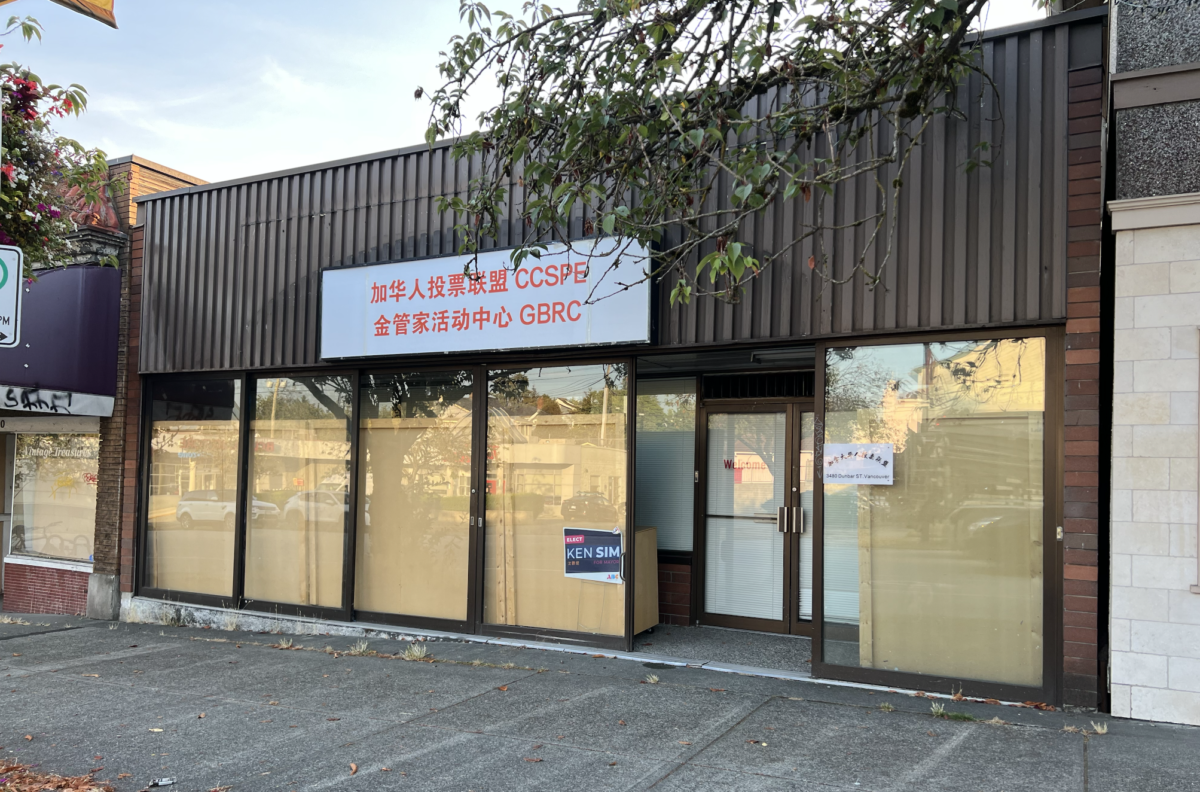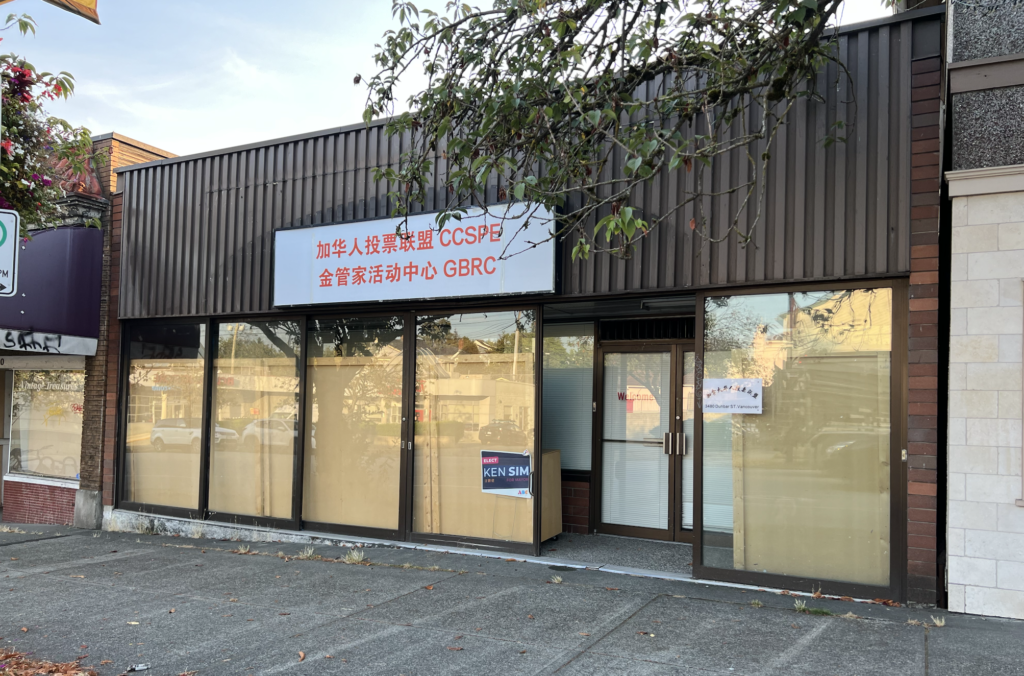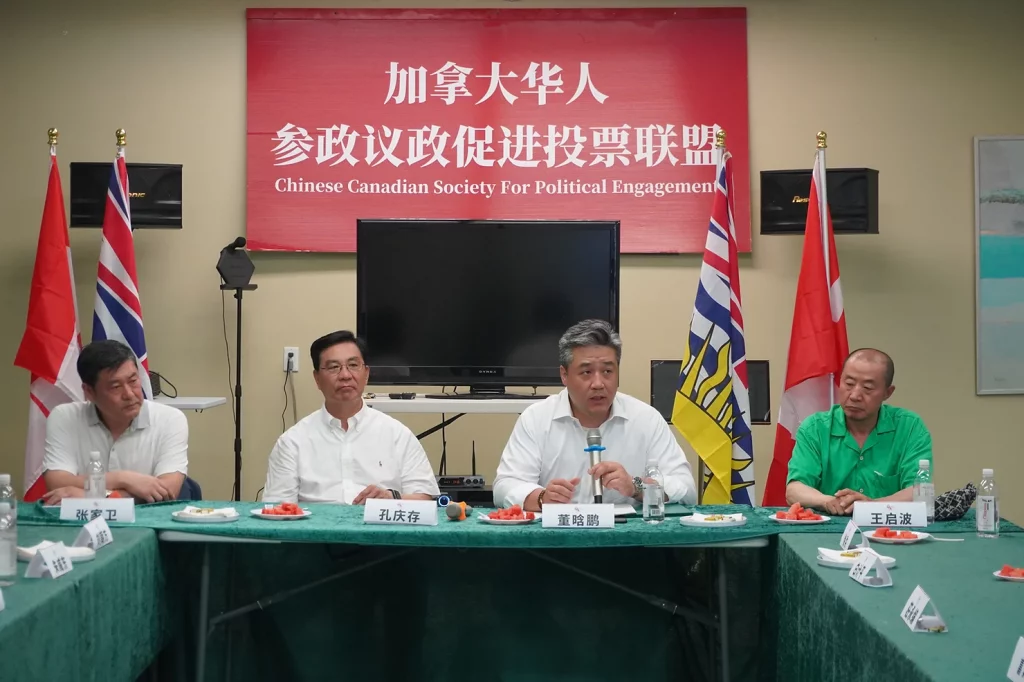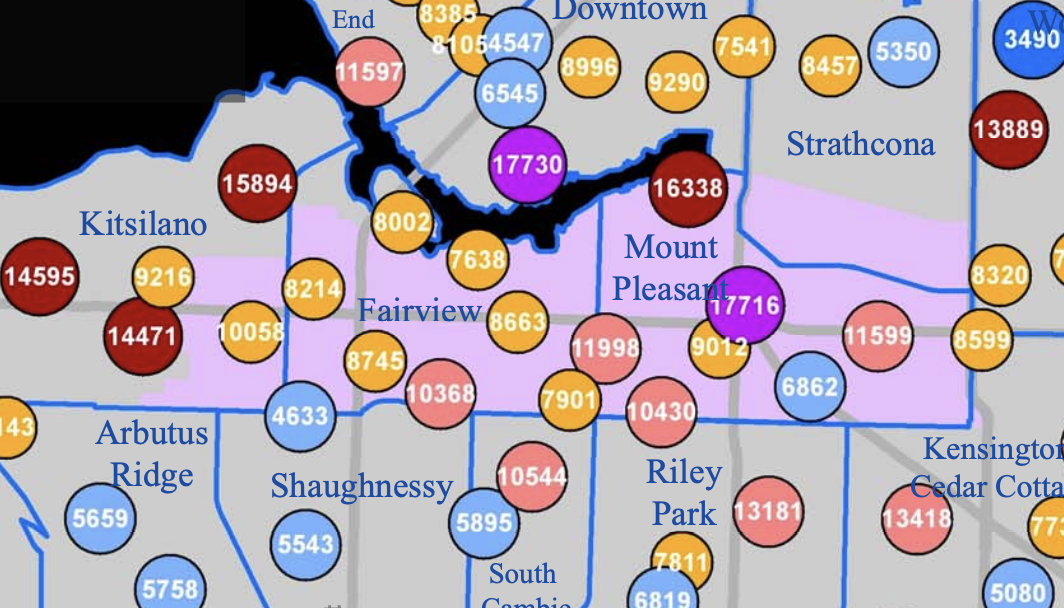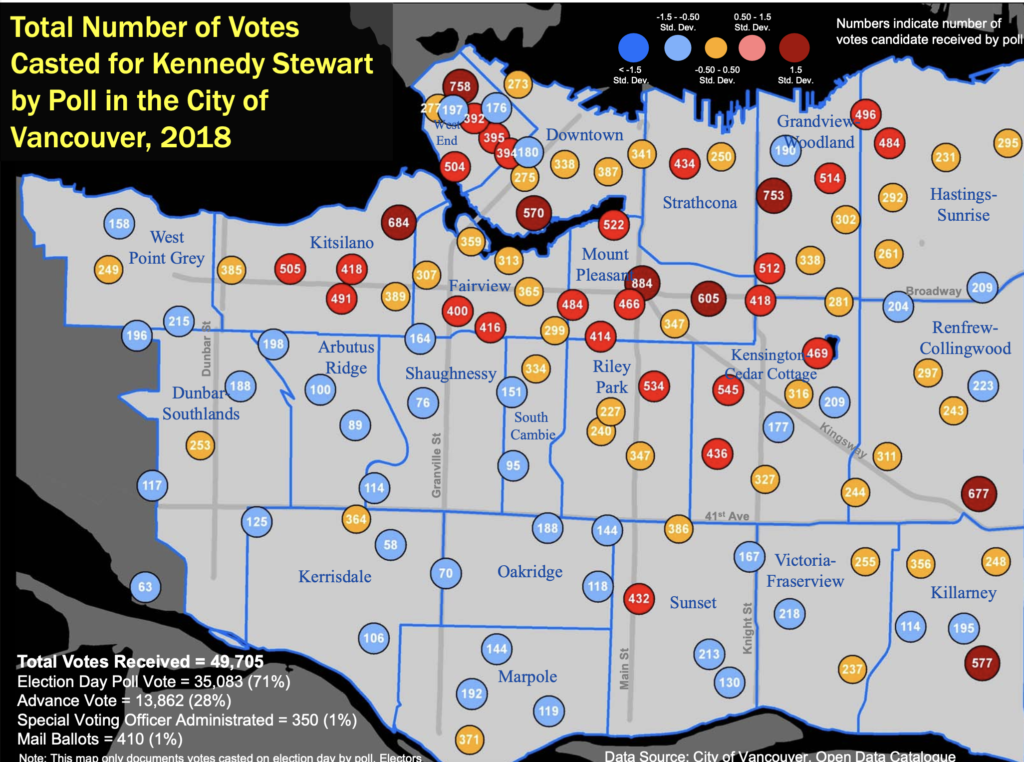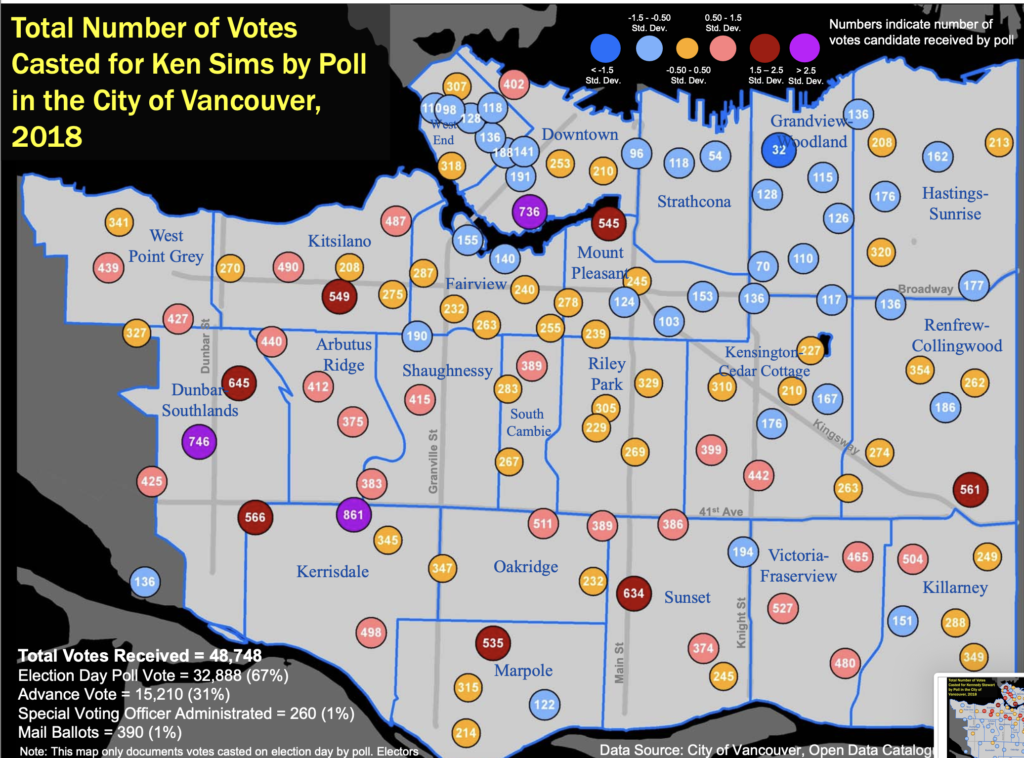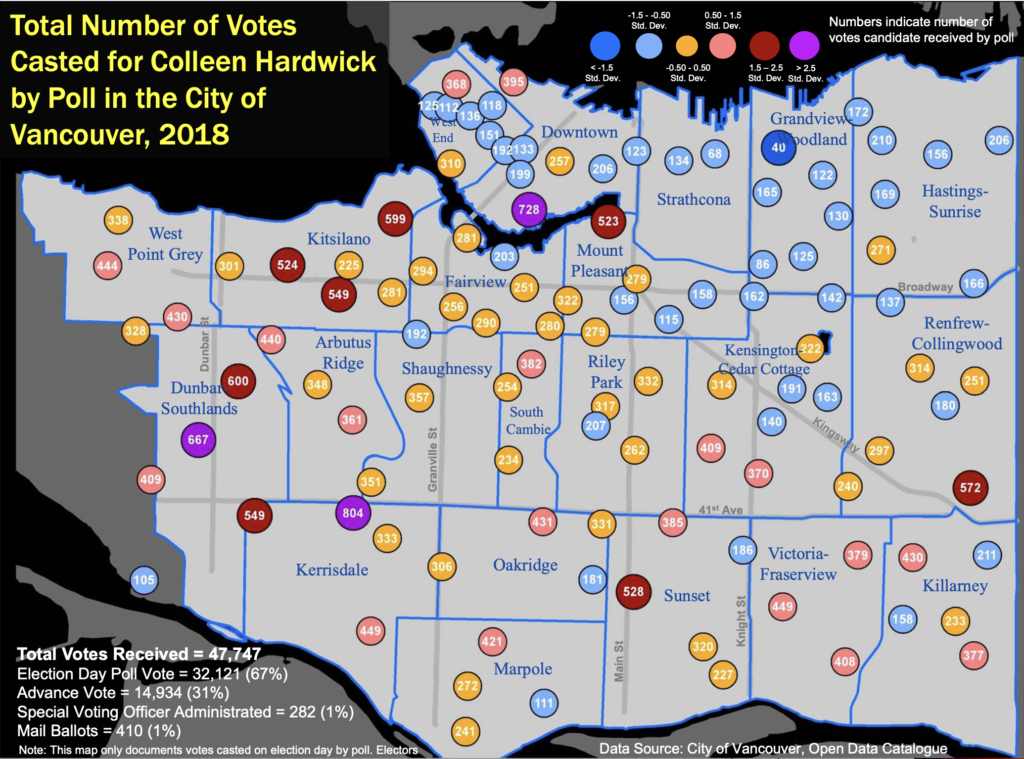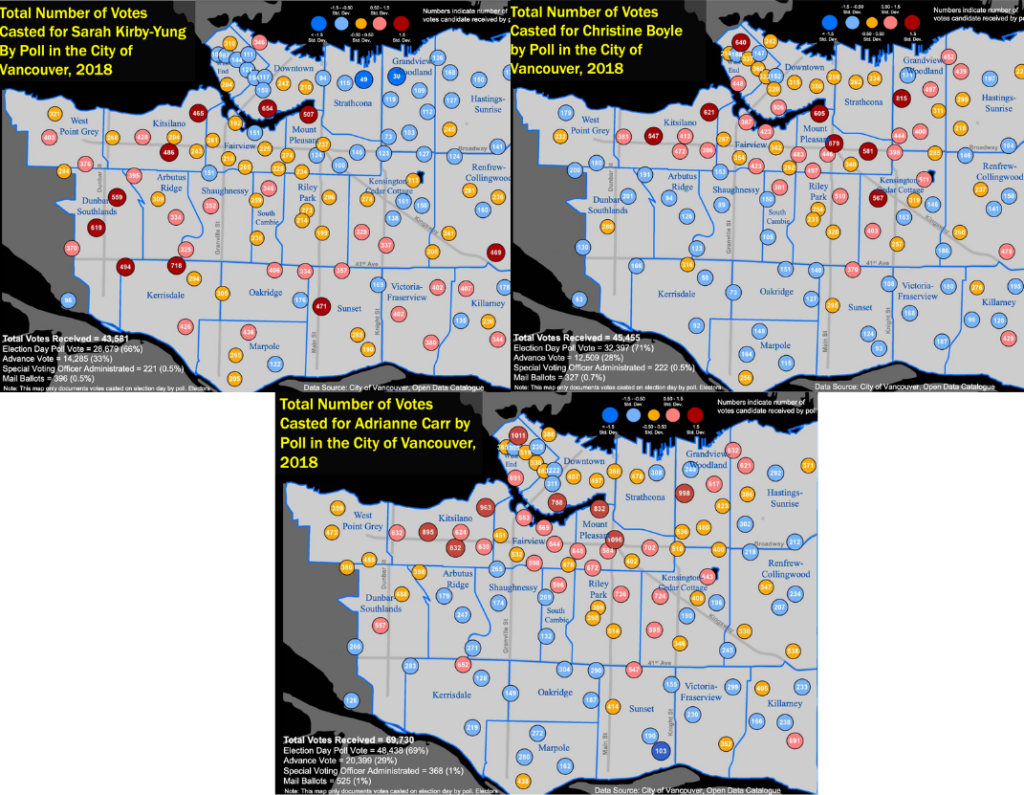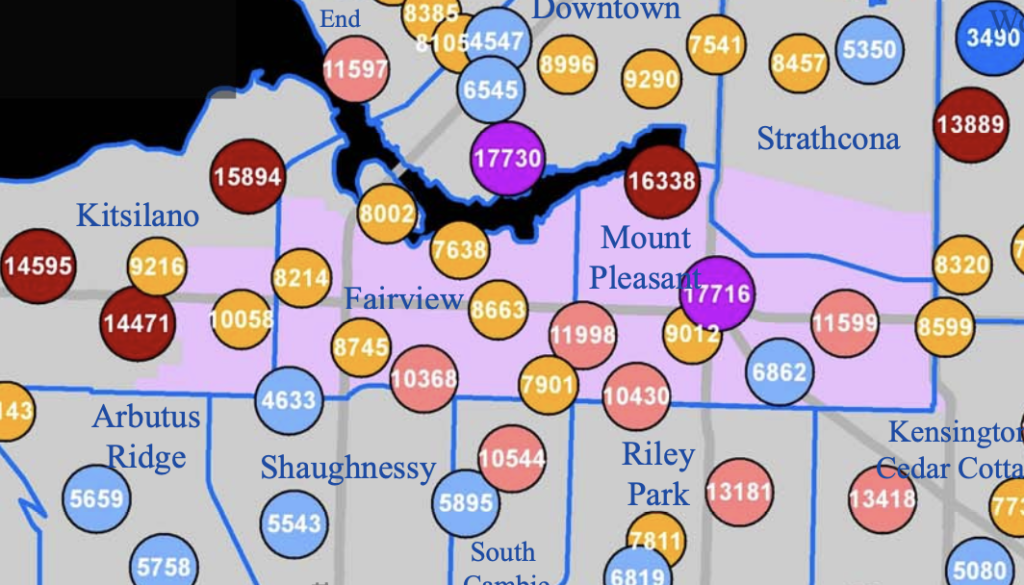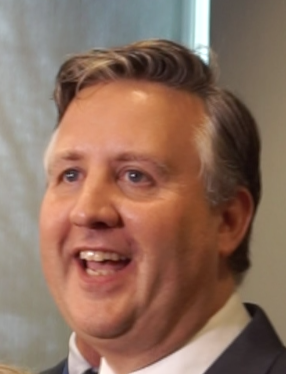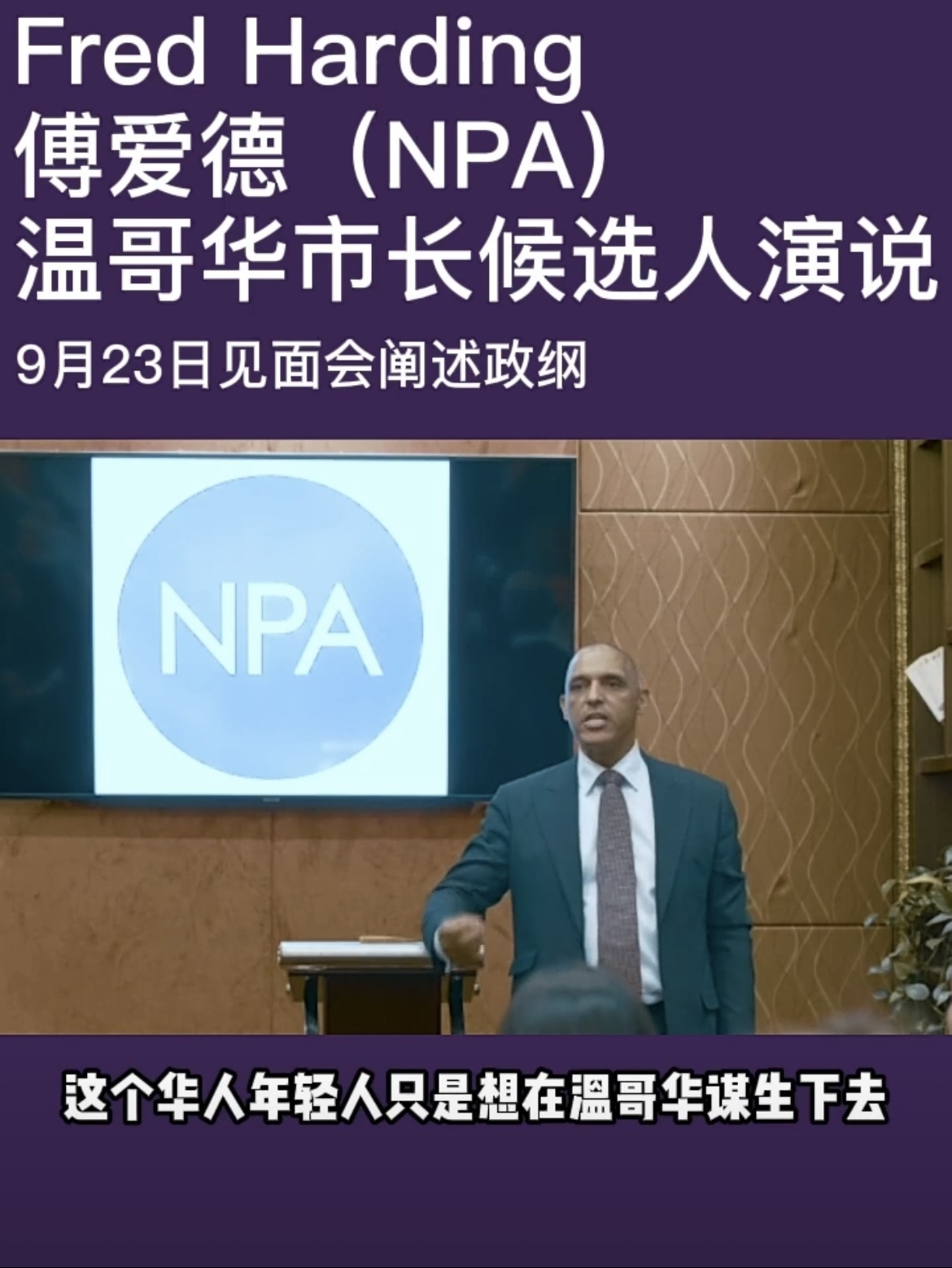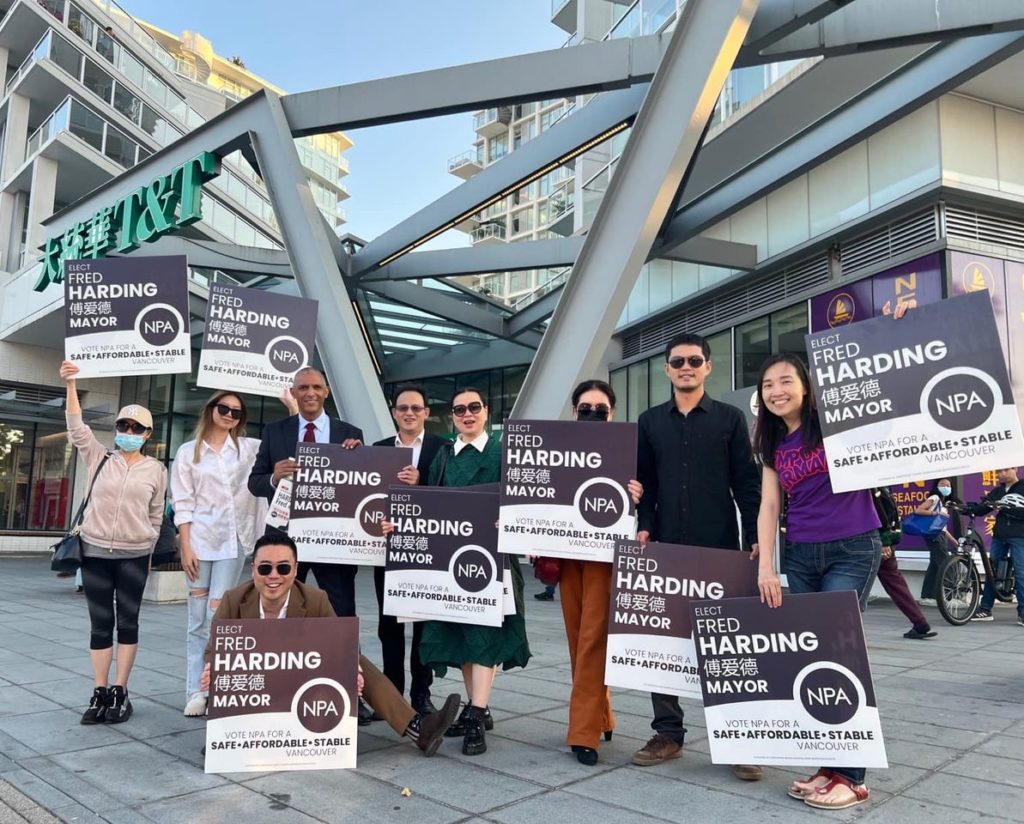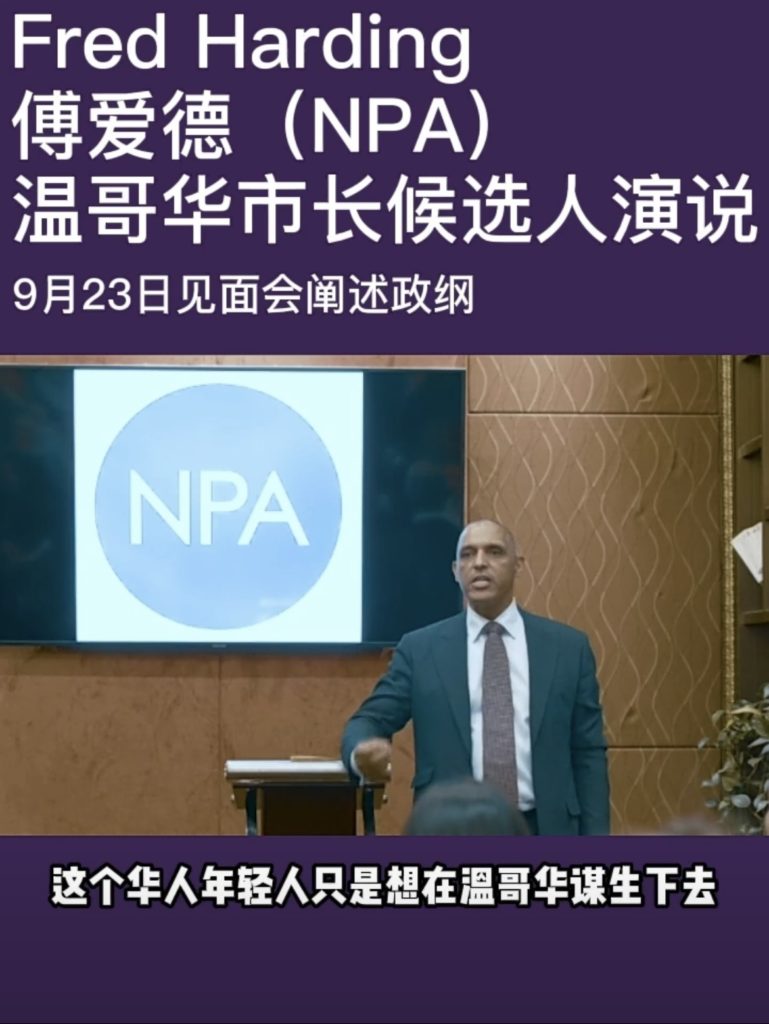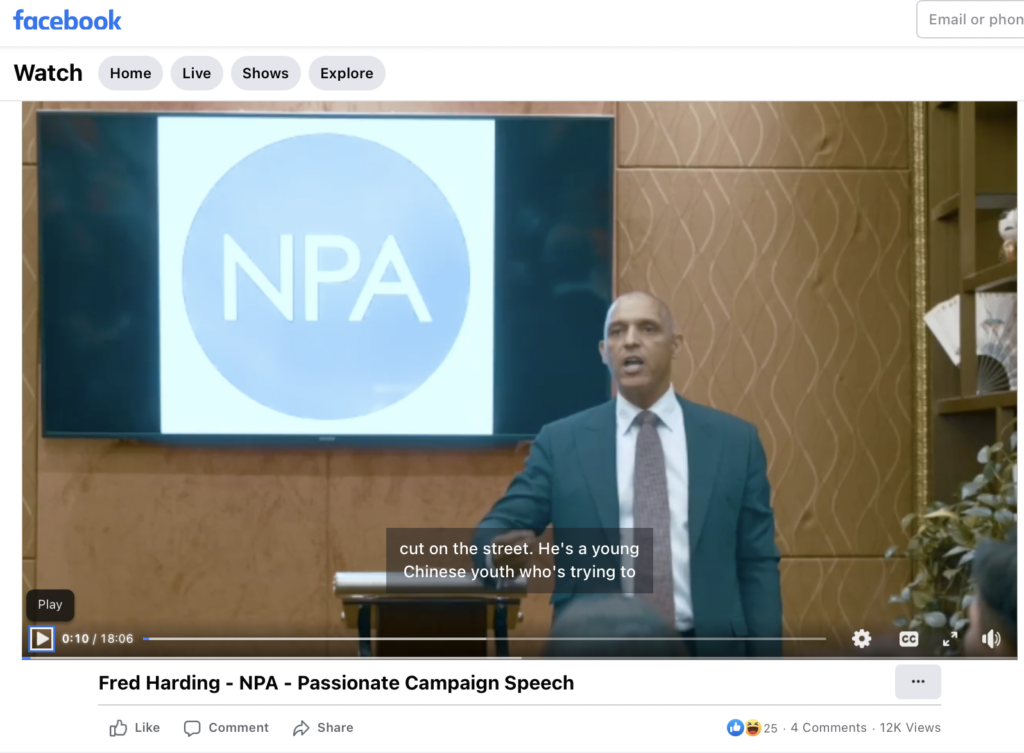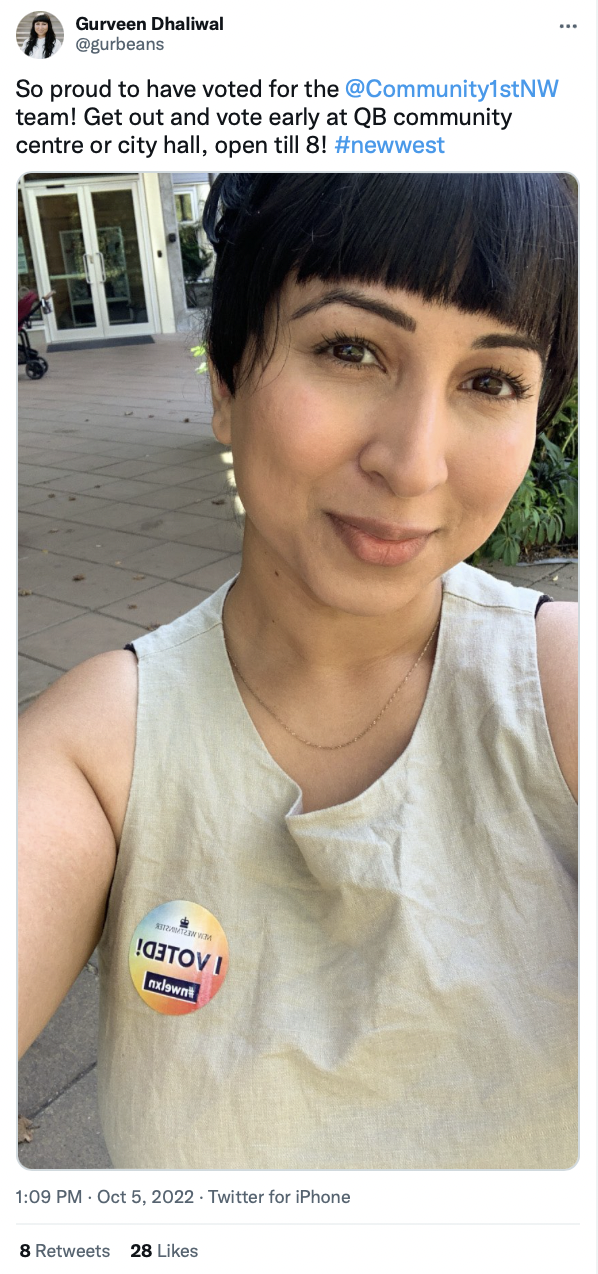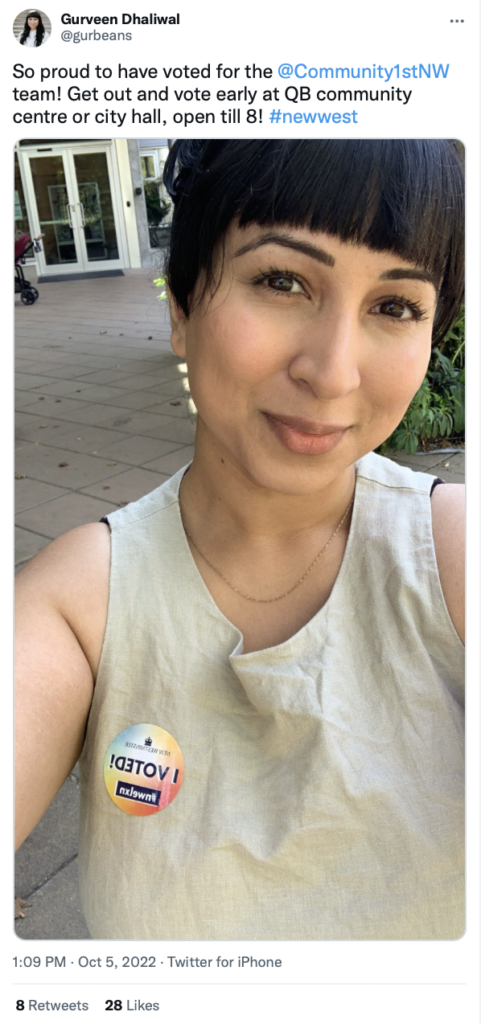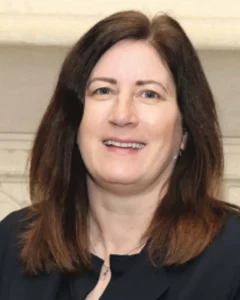NPA mayoral candidate Fred Harding promoted Vancouver real estate to investors in China
Bob Mackin
The Non-Partisan Association’s fifth-place finisher in the Vancouver mayoralty election on Oct. 15 worked as a pitchman in China for a West Vancouver-based real estate firm earlier this year.

Fred Harding at the Virani Real Estate Advisors’ Beijing showroom (Virani)
Fred Harding, who called himself a “Beijing businessman” before his Twitter was deactivated, lives in the Chinese capital and operates Harding Global Consultants. His disclosure to the civic election office did not mention his clients or his activities.
Unverified images from a WeChat account in June and July of this year appear to show Harding promoting the Virani Beijing Exhibition Center, a showroom for Virani Real Estate Advisors to promote its Vancouver condo listings.
“If you need private and confidential advice in finding, buying or investing in international property, then our space is made for you. Drop in for a chat and coffee,” says a June 20 entry on Harding’s WeChat account.
A 29-second video shows Harding inside the Beijing showroom, speaking Mandarin to the camera. “Hello everyone, I am Fred, I am in Beijing now,” according to a translation. “Let me introduce Virani, this is a Canadian company.”
Virani Real Estate Advisors is headquartered at Park Royal South in West Vancouver with offices in downtown Vancouver, Seattle, London and Beijing. The latter is at the Zhubang 2000 trade centre in Chaoyang, Beijing’s modern central business district.
Neither Harding nor company founder Karim Virani responded for comment.

Karim Virani (Virani.ca)
The NPA’s website said the party stands for a “safe, affordable, stable Vancouver,” but Virani’s website listings in Vancouver include $21.88 million for a penthouse at Shaw Tower, $19.88 million for a three-bedroom condo at Westbank’s The Butterfly and $15.88 million at Westbank’s Alberni. Virani has also worked as a sales agent for Westbank’s Vancouver House and Horseshoe Bay Sanctuary developments.
During the campaign, Harding has criticized taxes on foreign buyers, speculators and owners of empty houses. He also claimed the province’s money laundering crackdown was ineffective and called Kennedy Stewart’s Forward Together and Ken Sim’s ABC Vancouver hypocrites for taking donations from developers.
Harding returned to Vancouver to run for the NPA in late August, after John Coupar quit, and is staying in a 47th floor downtown condo in the luxurious Telus Garden. The condo is owned by a self-described West Vancouver homemaker.
Harding solemnly declared to city hall that he has resided in B.C. for the six months prior to his candidacy. The Local Government Act says a “person is a resident of the area where the person lives and to which, whenever absent, the person intends to return.” He did not respond to a reporter’s request to see proof of residency.
In 2018, when Harding ran for mayor with the Vancouver 1st party, he provided city hall the address of a rented house in Marpole.
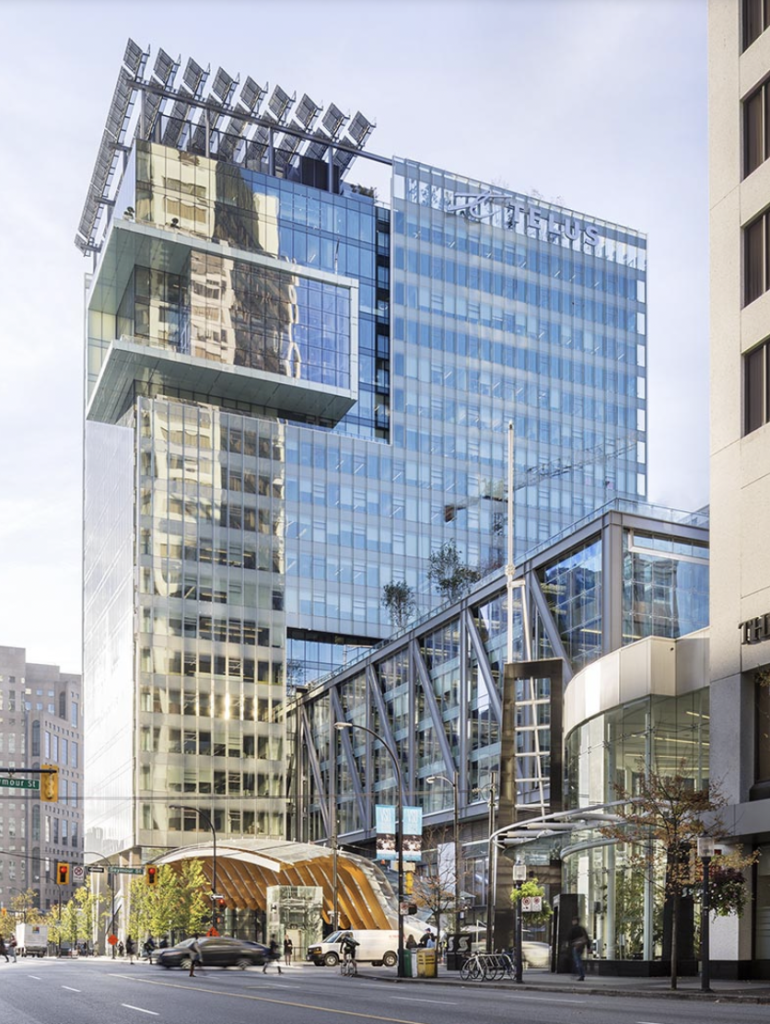
Telus Garden (Telus)
On Harding’s 2022 form, he answered “no” to whether he owns shares in a corporation which total more than 30% of votes for electing directors. He answered “not applicable” to questions about real estate holdings and liabilities.
Under the heading of assets, he provided Harding Global Consultants HK Ltd. and Harding Idea Consulting Services Ltd. The former company appears to have been incorporated in 2016 in Hong Kong. A search of the B.C. corporate registry found neither company name.
Harding is formally known as Harold Christopher Harding, but wanted to be identified on the ballot as Fred Harding and a name in Chinese characters.
The NPA’s law and order-themed campaign has focused its attacks on Sim and ABC Vancouver in both English and Chinese-language ads. Ironically, Harding likely prevented the NPA from winning majority control of city council in 2018. As the Vancouver 1st party’s candidate, Harding finished sixth with 5,640 votes on the night NPA candidate Sim fell 957 votes shy of victorious Kennedy Stewart.
The retired former officer with the London Metropolitan Police and West Vancouver Police Department is married to Chinese singer Zhang Mi, who publicly supported the Chinese Communist Party on her Weibo account.
Support theBreaker.news for as low as $2 a month on Patreon. Find out how. Click here.
Bob Mackin The Non-Partisan Association’s fifth-place finisher in









